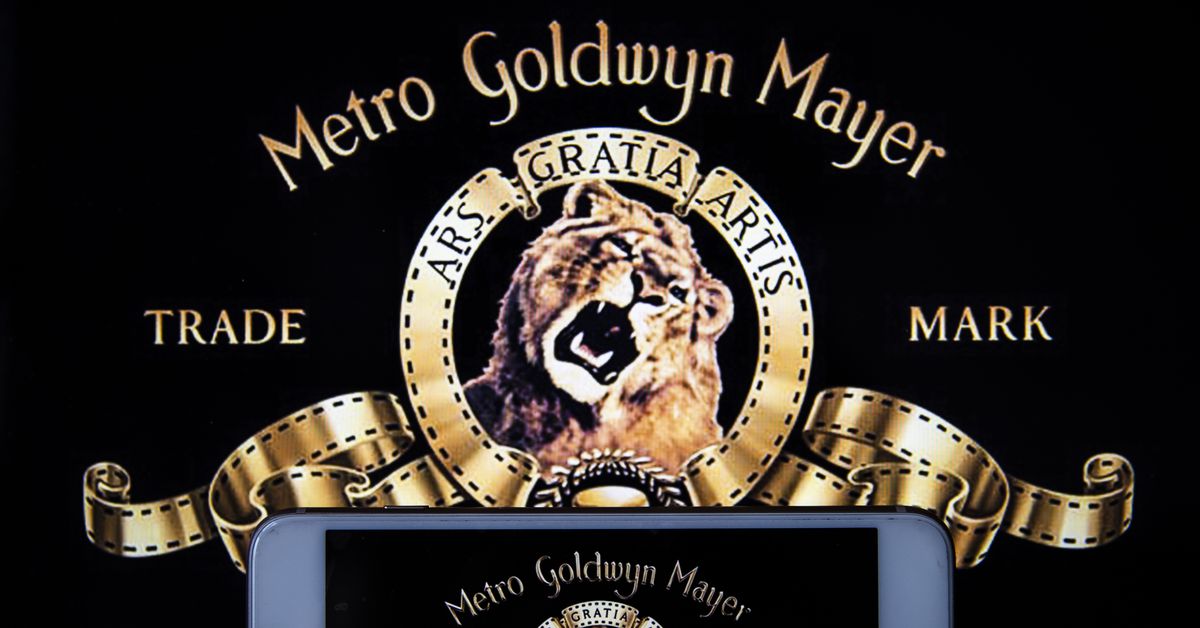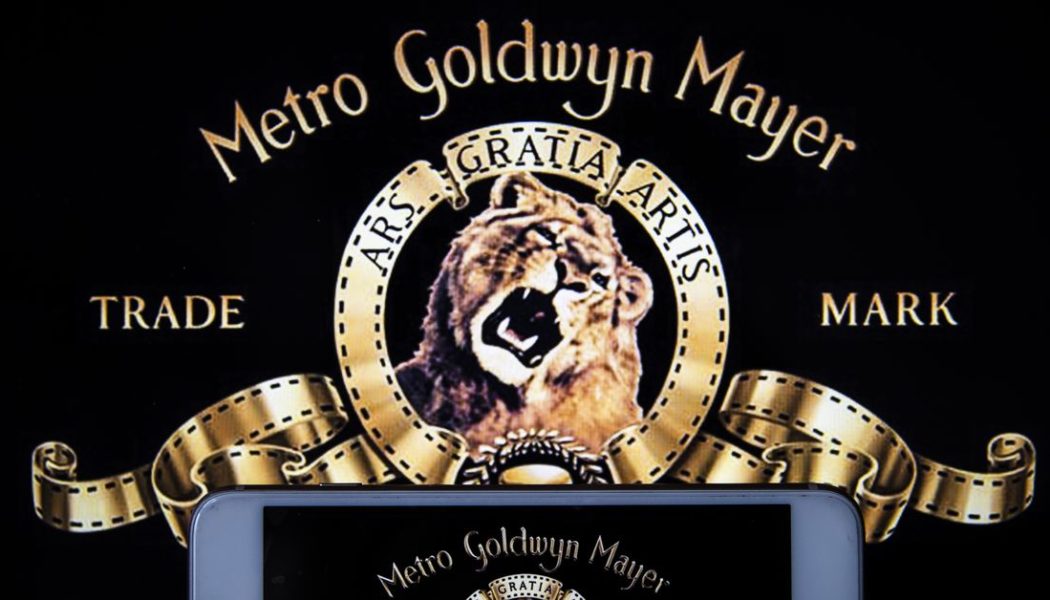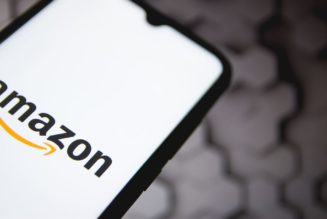
Amazon just dumped an $8 billion-plus chunk of change on MGM, a studio best known for James Bond and its logo of a roaring lion. The acquisition offers an opportunity for Amazon to spin the spy films into a big perk for its streaming services. But it’s hard to believe that dropping billions for the studio’s content library is actually going to prop up Amazon’s streaming services — at least on its own.
Amazon already has a fully functioning studio arm that produces content for its Prime Video service. While it’s got a few hits here and there — Jack Ryan immediately comes to mind — Amazon has, for the most part, struggled to reach the Stranger Things-level of viewer enthusiasm that its rivals often enjoy. The company also owns IMDb TV, a free and ad-supported streaming service that’s actually pretty decent. Some of the service’s content is a little dated, but most of the curation feels fairly solid as far as pay-nothing title selections go. Still, Amazon could use a considerable content overhaul.
MGM brings a significant haul of quality cinema to the table, even if much of it is older. The studio’s library includes the Bond, Legally Blonde, and Rocky franchises, which isn’t nothing. It also owns a huge back catalog of series and films that include Tomb Raider, The Addams Family animated film, Candyman, Creed, Real Housewives, The Handmaid’s Tale, and Fargo. Amazon said it plans to “reimagine” these titles, which sounds like spinoffs and remakes. “The real financial value behind this deal is the treasure trove of IP,” Mike Hopkins, senior vice president of Prime Video and Amazon Studios, said in a statement.
But while, yes, there’s IP, it’s unclear how valuable it all really is. Many of MGM’s largest franchise properties are dated, and it doesn’t even fully own the rights to Bond, its crown jewel. Plus, many of MGM’s legacy titles like The Wizard of Oz, for example, aren’t owned by the studio anymore. (Warner Bros. actually now owns the rights to the iconic film.) MGM, while certainly iconic, is far from a top-tier studio churning out genre-bending contemporary films.
“It feels like they’re following a playbook from five years ago,” Katharine Trendacosta, associate director of policy and activism at Electronic Frontier Foundation, told The Verge by phone. Of the $8 billion price tag, Trendacosta said, “it’s going to seem like an idiot move in about five years — because that’s not actually what the value of any of this stuff is.”
That IP playbook — the one that landed HBO in its current brand identity crisis under AT&T’s direction — has left scraps as far as studios go. The playbook Amazon and other services are pulling from seems to simply point to snapping up as much content as possible for their respective services. But Amazon, and other service-oriented companies for that matter, are now picking over bones. The company can certainly afford to drop billions on IP acquisitions for its services. But at this point, nobody can compete with what Disney’s been building for the better part of two decades. And as Trendacosta pointed out, “we’re rapidly running out of studios.”
Nearly a decade ago, Disney acquired Lucasfilm — the studio behind the Star Wars films — for just over $4 billion. A few years prior to the Lucasfilm deal, the company paid about the same to snap up Marvel. In 2006, the company paid a little over $7 billion to acquire Pixar. Sure, none of these deals were conducted amid what is arguably the peak of streaming’s popularity. But even accounting for the streaming bubble we’re currently in and the value of franchise IP for luring potential subscribers, the MGM deal still feels a little like a ripoff.
“Hollywood has picked up Silicon Valley disease, even though by this point, we should know that doesn’t work,” Trendacosta said. “Every entertainment [property] is now a streaming service, which means they think of themselves as tech companies — which is incorrect.”
Trendacosta added that these services are all acting on a four-step business model: acquire IP, make as many things as possible, insert question mark here, and reach profitability. But that works only in the instance that the grand plan is to be acquired. For smaller services like Discovery Plus or even Peacock, that makes sense. There are simply far too many streaming services. Those little services won’t be able to compete with the bigger players forever, and we’re likely to see more mergers like the one we just saw with WarnerMedia and Discovery. But what comes next is unclear, particularly for mega-services. Right now, it very much feels like mega-services are just collecting spare parts, and that’s to say nothing of brand identity confusion.
“Who’s going to buy any of these places? No one. They’re already large,” Trendacosta said.
Now, that’s not to say that there’s no value at all in the deal. Amazon can certainly bank on opportunities to spin out any of the legacy franchises it acquired — much in the same way that rival services do to boost subscriber growth. Disney has done this with The Mandalorian and WandaVision on Disney Plus, and CBS has done the same with Star Trek: Picard on Paramount Plus (formerly CBS All Access). But how much value do those spinoffs add for Amazon?
“You’re talking about overreaching and overpaying, which Amazon can do,” Jeff Bock, senior media analyst at entertainment research firm Exhibitor Relations Co., told The Verge in an interview by phone. “It doesn’t really hurt their bottom line.”
By Bock’s estimation, such a move to acquire the Bond IP, for example, could be a vertical integration play should Amazon eventually decide to invest in theaters — something that probably sounds ludicrous before you remember that Amazon owns Whole Foods.
“Is it possible — and everybody here at least in LA thinks so — that they may be one of the bidders on the ArcLight Cinemas or Cinerama Dome?” Bock added. “If they see bookstores in the same way and they see grocery marts in the same way, what’s to stop them from going brick and mortar and buying theaters, eventually, as well.”
That may be especially true of the future of the Bond franchise. Whereas MGM was putting out a Bond film every few years, Amazon could begin to churn them out every one or two years, Bock speculated.
Ultimately, it’s too soon to say for certain what Amazon plans to do with its shiny new box of legacy classics. It’s entirely possible Amazon will release any forthcoming titles exclusively on Amazon, opt for theatrical releases, or do some combination of both. But whether its $8 billion investment will prove valuable is very much yet to be seen. And on its own, it’s hard to believe that the MGM acquisition will make Prime Video a serious Netflix competitor in earnest.










